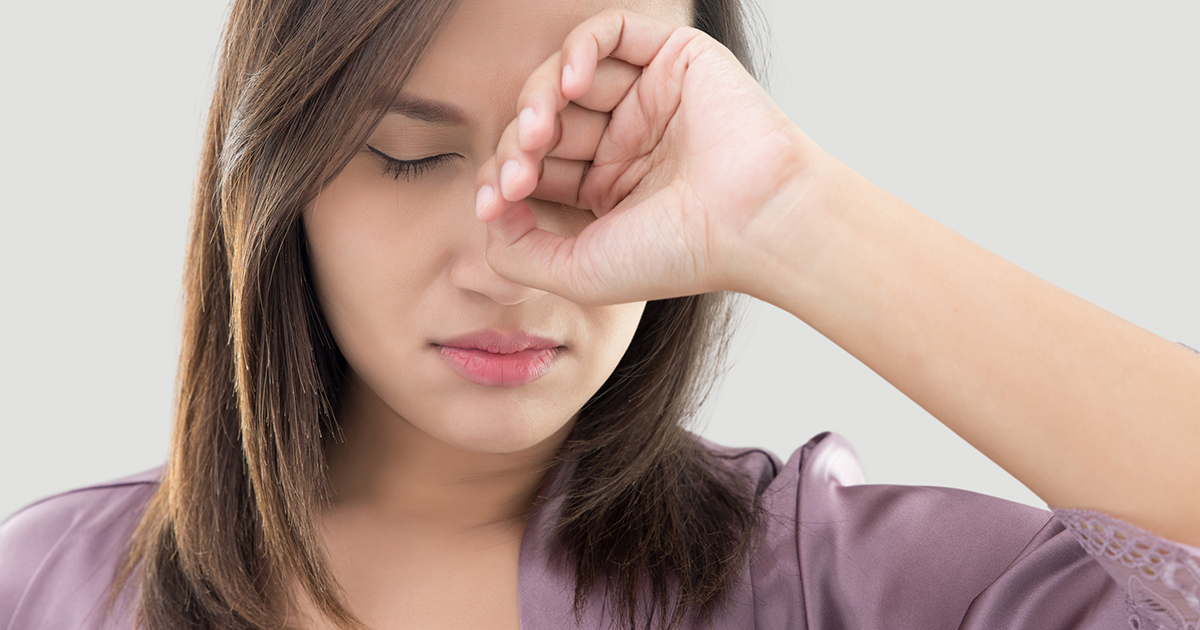Effects Of Energy Drinks On Health
Our always-on society places increasing demands on individuals to get things done faster and for longer hours, even at the expense of their personal health. Whether it's skipping out on sleep and meals or ingesting large amounts of caffeine, the price of extra productivity can be high. The prevalence of so-called 'energy drinks' on the market, for individuals who don't like coffee, only adds to the problem. Iced coffee is another form of energy drink and has similar effects. Energy drinks have numerous negative side effects, and you should avoid them whenever possible. We're here to explain a few of these adverse effects.
Caffeine Withdrawals

Caffeine is the second-highest rate of consumption for psychoactive drugs in the world. Although you may not think of your morning cup of coffee as getting a fix of caffeine, it certainly is. Energy drinks are no different. In fact, some energy drinks can have up to twice the amount of caffeine a standard cup of coffee has: on hundred milligrams of caffeine. Medical professionals recommend no more than two hundred milligrams per day. Four hundred milligrams per day is the safe dose, and serious health problems start to occur above this amount. Over time, your body becomes dependent on having the caffeine to function and experiences caffeine withdrawals. Without it, you feel lethargic and irritable. Other symptoms of caffeine withdrawal include headaches, muscle pain, insomnia, nausea, and heart arrhythmia. It's best to lower caffeine intake gradually to healthy levels to combat this condition.
Learn more about the effects of energy drinks on health now.